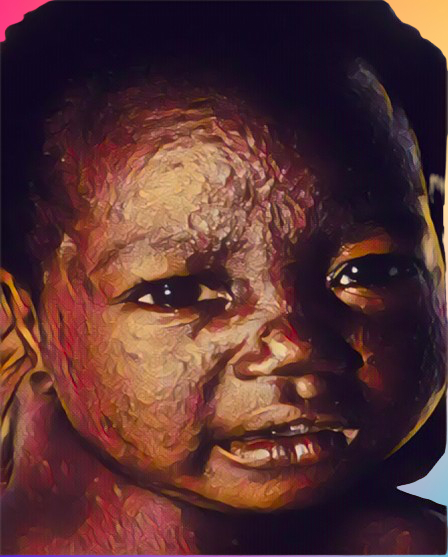Zimbabwe is currently experiencing a severe outbreak of measles and mumps, which has tragically resulted in the deaths of 35 children in just one month. This alarming situation is unfolding in the Hurungwe district, highlighting significant challenges in the nation’s healthcare system, particularly affecting rural and marginalized communities.
The Information, Publicity, and Broadcasting Services Ministry, under Secretary Ndavaningi Mangwana, has confirmed the outbreak and the mobilization of the Civil Protection Unit (CPU) to respond to the crisis. The CPU has been actively investigating and addressing the situation in areas such as Lynx Mine and Nyama village, which have been among the hardest hit.
The severity of the current outbreak echoes a similar crisis in 2022 when over 750 children died within six months due to these diseases. This recurrence underscores persistent vulnerabilities in Zimbabwe’s public health system and highlights the urgent need for sustained preventive measures.
Most of the affected children belong to apostolic religious sects in the district, which often reject modern medical practices such as vaccinations. This has exacerbated the situation, leading to higher susceptibility among children in these communities. The families of Nduna, Magara, Matashu, Chikonamombe, and Kaitano have been particularly hard hit, with multiple children from these families among the deceased.
The CPU chairperson for Hurungwe district, Andrew Tizora, disclosed that investigations are ongoing but have yet to provide conclusive results. The government’s response includes the deployment of additional teams to accelerate the identification of all affected areas and individuals, aiming to control the outbreak and prevent further loss of life.
Charles Makara, a local from Nyama village, expressed critical views on the role of religious beliefs in public health crises. He highlighted the resistance to immunization within apostolic sects despite its availability at no cost, suggesting that government intervention is crucial to improve health education and vaccine uptake in these communities.
In response to previous outbreaks and the evident gaps in herd immunity, the government initiated an emergency nationwide immunization program in the previous year. This program targeted children from 6 to 59 months old and, in some cases, up to 15 years old, aiming to cover 95% of the population to achieve herd immunity. However, the recurrence of such outbreaks indicates that significant challenges remain, particularly in reaching all community segments and ensuring comprehensive coverage.
The ongoing public health issue poses a severe threat not only to children in Hurungwe district but also highlights a broader national health crisis that requires immediate and sustained action. The recurrence of measles and mumps outbreaks points to critical lapses in health service delivery, particularly in rural areas where access to healthcare is limited.
Government officials and health authorities must intensify their efforts to combat these outbreaks through more robust public health campaigns, greater accessibility to immunization, and targeted interventions in areas with high resistance to vaccination. Additionally, there is a pressing need for collaborative efforts involving community leaders, especially in religious sects, to foster greater trust and acceptance of preventive healthcare measures.
Moreover, public health messaging and interventions must be culturally sensitive and respectful of people’s beliefs while also clearly communicating the benefits and safety of vaccinations. Strategies such as community engagement, education campaigns, and the involvement of respected local figures could be vital in overcoming barriers to immunization.
The measles and mumps outbreak in Zimbabwe is a critical reminder of the ongoing challenges in healthcare delivery in rural areas and the need for comprehensive strategies to protect vulnerable populations. Ensuring the health and safety of children requires a coordinated approach that includes improving healthcare infrastructure, ensuring vaccine availability, and enhancing public health education, particularly in underserved regions. The tragedy in Hurungwe district calls for an urgent reassessment of public health strategies and stronger action against preventable diseases.
Source: Newsday


